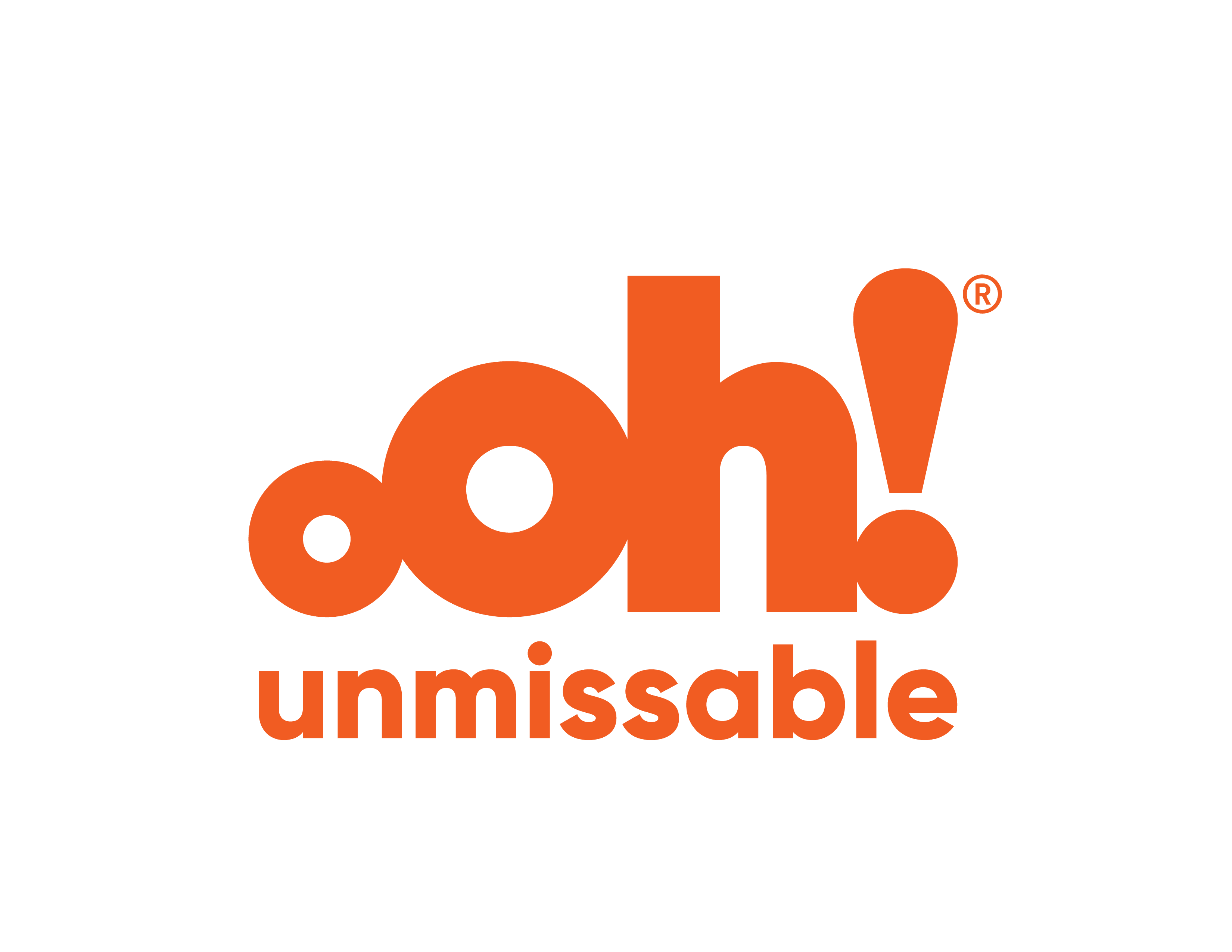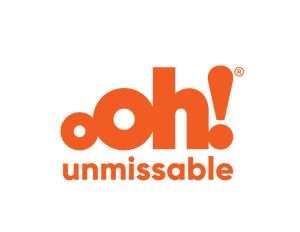Publisher Vincent Heeringa joins The Fold podcast to talk about his pioneering role in sustainability media.
As the founder of a number of New Zealand’s most enduring and thoughtful publications, Vincent Heeringa has spent years operating in spaces like sustainability, technology and marketing. He is also The Spinoff founder Duncan Greive’s former boss. He joins the podcast to discuss how the world has come to be dominated by the exact conversations he’s been having for years, and what lessons he’s learned along the way.
Duncan Greive: You have started a number of publications, most of which continue in some form, which is amazing given the absolute bloodletting there’s been in magazine media over the past few years. Can you start off by just explaining why magazines?
Vincent Heeringa: When we were kids, we used to get a magazine called Look and Learn and it merged with World of Wonder, they were two fantastic magazines. You could read it backwards, you could read it forwards, you could just dive in, it wasn’t a sequential, linear experience, which suited someone as discursive and ill-disciplined as me. At university I discovered Metro magazine for the first time and I would sit at Victoria University Library devouring Stephen Stratford and Nicola Legat and Warwick Roger and just think: how do I get into that world? That was my first job, actually, at Metro magazine.
For a lot of people that’s true – they read magazines, sometimes they want to work in media, but very seldom do they actually go on and found multiple titles. One that’s particularly relevant to this discussion is Good magazine, which was very early into a space which is now extremely developed. What is Good, and why did you go into that area?
Well, the timing was terrible. We launched about six months before the global financial crisis. So we had three issues that were just stonking and then it was hard yakka after that. Sustainability had already been a movement for quite some time, but there was a real mainstreaming of sustainable practice and thinking and there was a desire from household shoppers, which, stereotypically, are women. And so we created a women’s magazine that was really aimed at equipping people to make smarter decisions as consumers. The thinking at the time was actually that it’s consumer pressure that will force companies to be more ethical, to be less polluting, to be more aware of their footprint, so we could create a consumer movement that demanded green products.
How did it work, in terms of that original intent?
There was a backlash I think, particularly from the corporate sector, who were reading the tea leaves and were greatly relieved that the GFC allowed them to dial down their sustainability efforts. Of course, it’s come back now to bite us big time because the world has heated up so much more.
But yes, it did work for us because there is a constituency, a group of advertisers and companies that are determined to carve out a sustainable economy. There was grassroots support from the fan base, that was big enough. And then there was a big enough commercial sector to say, actually, this is still important. There’s always going to be in big companies a stream of green activity, whether it’s hybrids or low emissions, low footprints. So we tapped into some of that stuff.
We’re talking about events 15 years or so ago, and the actual broader environment now is not dissimilar – replace GFC with cost of living crisis and they’re the same fundamentally. Whether it’s driven by a consumer or a corporation, we’ve gotten distracted by this thinking that what really matters is dollars and cents. Is there a sense of deja vu or do you think that the space has broadly moved on to the point where it doesn’t feel like it’s going to be swept aside and reset the clock the way it was in 2008?
I think that there’s much greater awareness, having lived through these ongoing fires and storms and surges of real evidence of the effects of climate change. [But] there is an amazing statistic that we’ve dealt with in our industry: 60% of the ad revenue has gone to Facebook, Google and Trade Me, these kinds of mass-oriented media, leaving the rest of us to fight over the remaining 40%. And I don’t think the overall volume of spenders has increased to cope with it.


